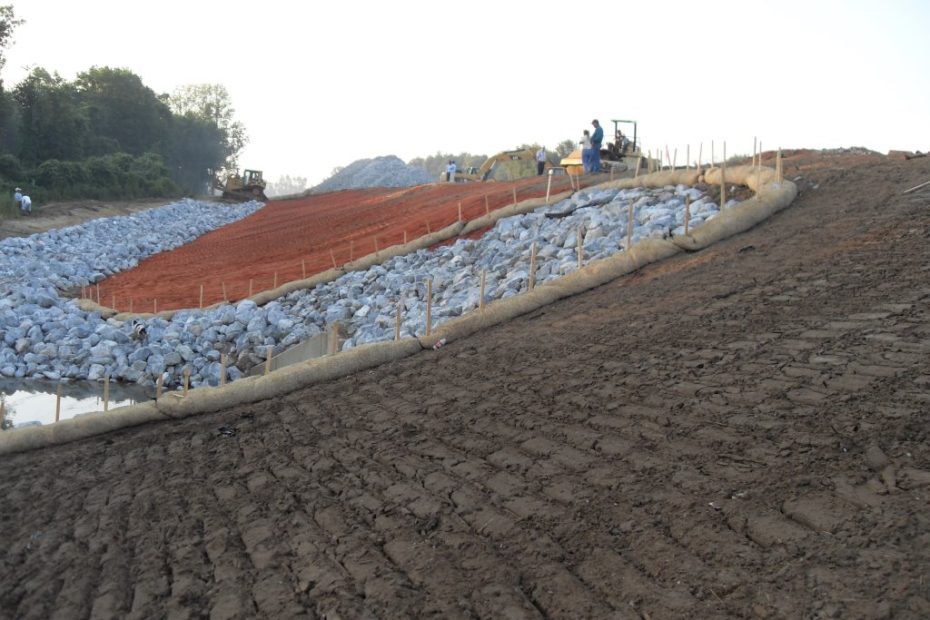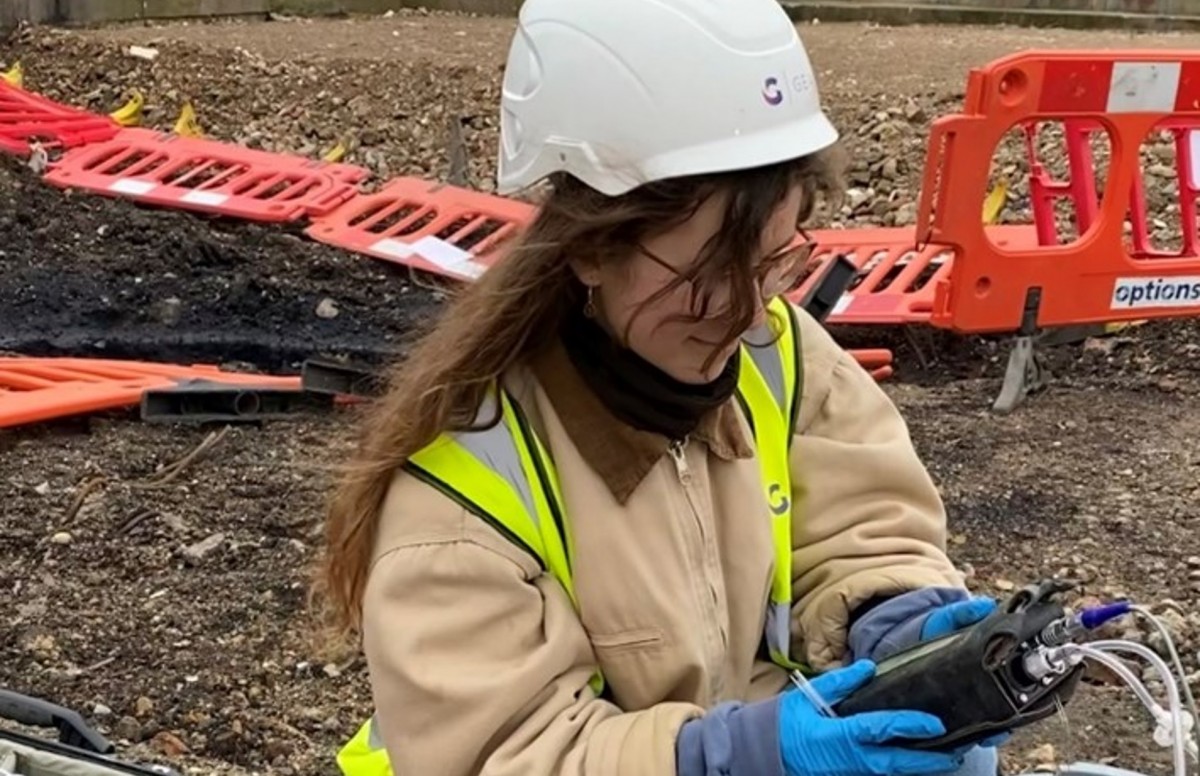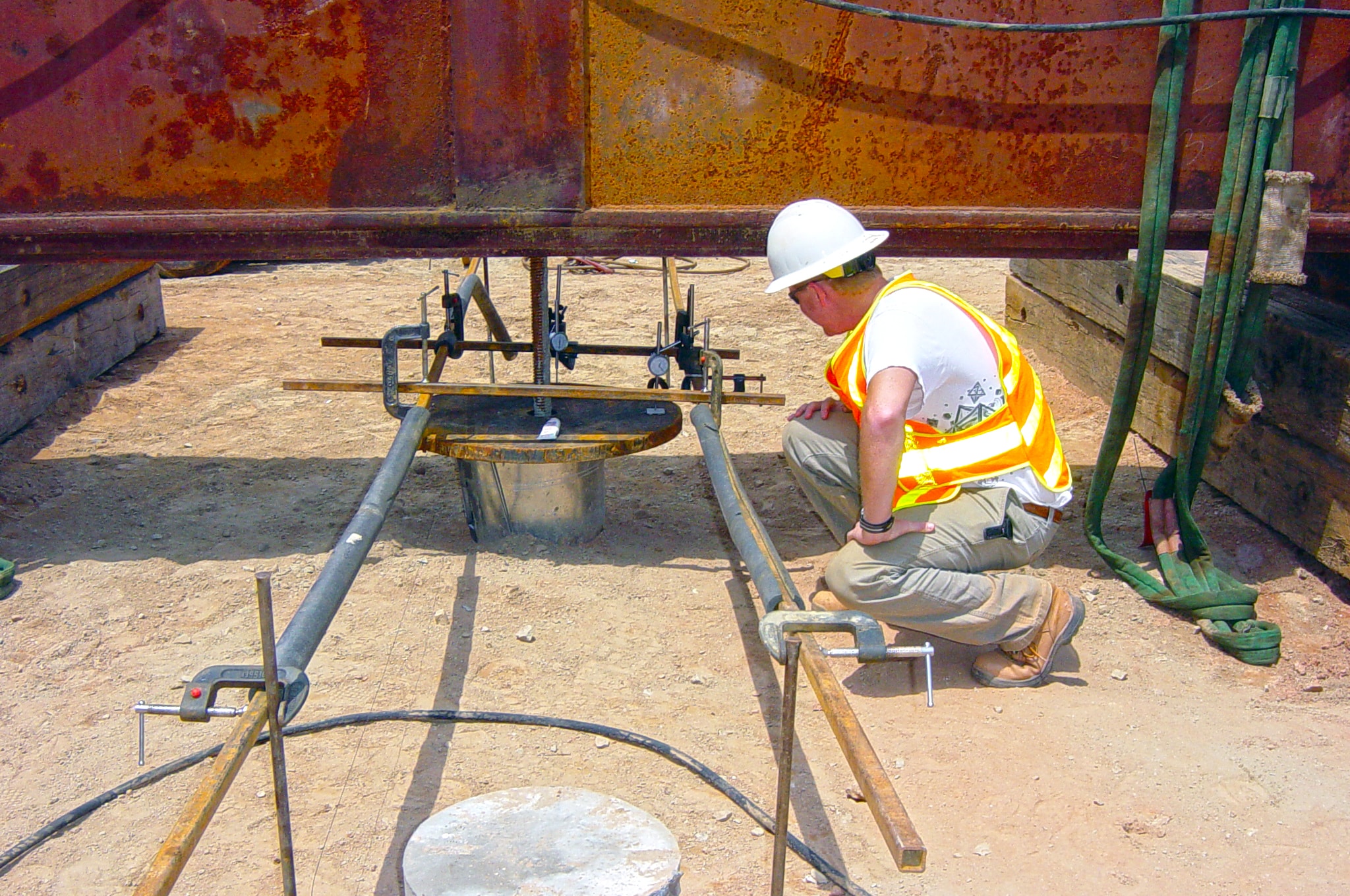Geotechnical Engineering in South Africa: Comprehensive Providers for Construction and Advancement
Geotechnical Engineering in South Africa: Comprehensive Providers for Construction and Advancement
Blog Article
A Detailed Summary of the Trick Services Used by Consulting Civil Design Professionals in Modern Building And Construction
Consulting civil engineering specialists are essential to the success of modern construction projects, using a complex collection of services that deal with numerous obstacles. From carrying out comprehensive site evaluations and feasibility studies to ensuring compliance with rigid governing frameworks, these specialists lay the groundwork for lasting and risk-free advancement. Their expertise extends to structural design and job monitoring, which are crucial for attaining timely and economical outcomes. As the intricacy of building and construction projects continues to advance, recognizing the complete range of solutions they offer becomes increasingly crucial for stakeholders. What ramifications does this have for the future of building methods?
Site Evaluation and Usefulness Studies
When starting any building task, understanding the website's attributes is important, as it straight impacts the expediency and design of the development. Website analysis and feasibility researches are vital parts of the pre-construction phase, enabling stakeholders to make informed decisions. These researches involve a detailed evaluation of the physical, environmental, and regulative aspects of the website.

By integrating these components, civil engineering professionals can supply an all natural sight of the site's practicality for the desired growth. Ultimately, detailed site assessments and expediency researches lay the groundwork for successful job execution, minimizing threats and optimizing source allotment.
Structural Layout and Evaluation
Complying with a thorough site assessment and usefulness research, the following crucial stage in the building procedure is architectural design and analysis. This important solution includes the growth of architectural systems that guarantee the safety, resilience, and financial practicality of a task. Consulting civil designers utilize sophisticated methods and software program to review loads, tensions, and material buildings, ensuring that layouts abide by pertinent codes and requirements.
Structural layout incorporates numerous elements, including beams, columns, structures, and bearing walls. By using principles of auto mechanics and material scientific research, designers produce structures that can withstand environmental forces such as wind, seismic task, and snow tons. The analysis stage entails careful calculations to predict the actions of these frameworks under various problems, ensuring they can execute as intended throughout their lifespan.
Furthermore, consulting engineers collaborate carefully with architects and various other stakeholders to incorporate structural components visually and functionally. The deliverables usually include detailed drawings, requirements, and extensive reports that help with the construction process. Inevitably, efficient structural layout and analysis are crucial in reducing risks, optimizing sources, and attaining successful job outcomes in contemporary building and construction.
Task Management and Sychronisation
Reliable job monitoring and control are important parts of effective civil design solutions, making certain that construction tasks are delivered in a timely manner, within budget, and to the required top quality requirements. Consulting civil designers play an important duty in orchestrating different task components, from initial planning through to project completion. This involves not just the technical aspects of style and construction however also the calculated monitoring of sources, timelines, and stakeholders.

Additionally, civil engineering professionals highlight the significance of documents and reporting throughout the project lifecycle - geotechnical engineering in south africa. By preserving exact documents, they more helpful hints make sure openness and accountability, which promotes trust fund among all events entailed. Ultimately, skillful job management and coordination bring about enhanced project end results, aligning with client expectations and contributing to the overall success of the construction venture
Regulatory Conformity and Permitting
Successful project management lays the groundwork for dealing with regulative compliance and permitting requirements in civil design projects. Ensuring adherence to neighborhood, state, and government regulations is important for the effective execution and conclusion of any kind of construction endeavor. Consulting civil engineering specialists play a vital role in navigating the facility landscape of regulatory frameworks and allowing procedures.
These experts are fluent in zoning laws, building codes, ecological regulations, and safety and security requirements that govern construction techniques. They carry out extensive evaluations to determine all appropriate guidelines, ensuring that jobs conform with required lawful demands. By collaborating with governmental companies and stakeholders, consulting engineers promote the permitting process, improving approvals and decreasing delays.
In addition, they prepare and submit the requisite documentation, such as website plans, environmental effect assessments, and design records. This positive strategy not just fosters conformity but likewise improves project usefulness and sustainability. Inevitably, effective regulative compliance and permitting are important parts of a successful civil design job, guarding both the environment and public welfare while adding to the total stability and success of building and construction efforts.
Lasting Design Practices
Lasting design practices are progressively recognized as vital elements in civil design, with a concentrate on minimizing ecological effect while optimizing source effectiveness. These techniques include a variety of approaches targeted at promoting environmental balance and minimizing the carbon impact of construction jobs.
One secret facet of lasting style is the assimilation of renewable resource sources, such as solar and wind, into structure layouts. This not just minimizes dependence on nonrenewable fuel sources but also improves long-lasting cost savings. Furthermore, the usage of lasting products, consisting of rapidly renewable or recycled sources, plays a considerable duty in minimizing waste and conserving natural resources.
Water management methods, such as rain harvesting and reliable watering systems, are likewise important navigate to these guys in sustainable layout. These techniques aid in decreasing water usage and protecting neighborhood water ecosystems. Additionally, environmentally delicate website preparation ensures marginal interruption to the natural landscape and promotes biodiversity.
Consulting civil engineering specialists are critical in executing these lasting design techniques. Their competence allows for the implementation of innovative solutions that straighten with both regulative requirements and customer objectives, inevitably adding to an extra lasting built environment.
Final Thought
In summary, speaking with civil engineering experts provide essential services that underpin the success of modern-day construction jobs. Through careful site analyses, innovative architectural layout, efficient project monitoring, adherence to regulatory requirements, and the application of sustainable methods, these experts add to the production of secure, effective, and eco responsible advancements. The combination of these key services not just boosts task you could try these out end results however likewise advertises a lasting future in the construction industry.
Efficient job monitoring and coordination are essential elements of effective civil design solutions, making certain that construction jobs are delivered on time, within budget, and to the required quality criteria. Consulting civil designers play a vital duty in orchestrating various task components, from initial planning with to forecast completion. Eventually, competent job monitoring and control lead to boosted job results, aligning with customer assumptions and adding to the overall success of the building venture.

Report this page